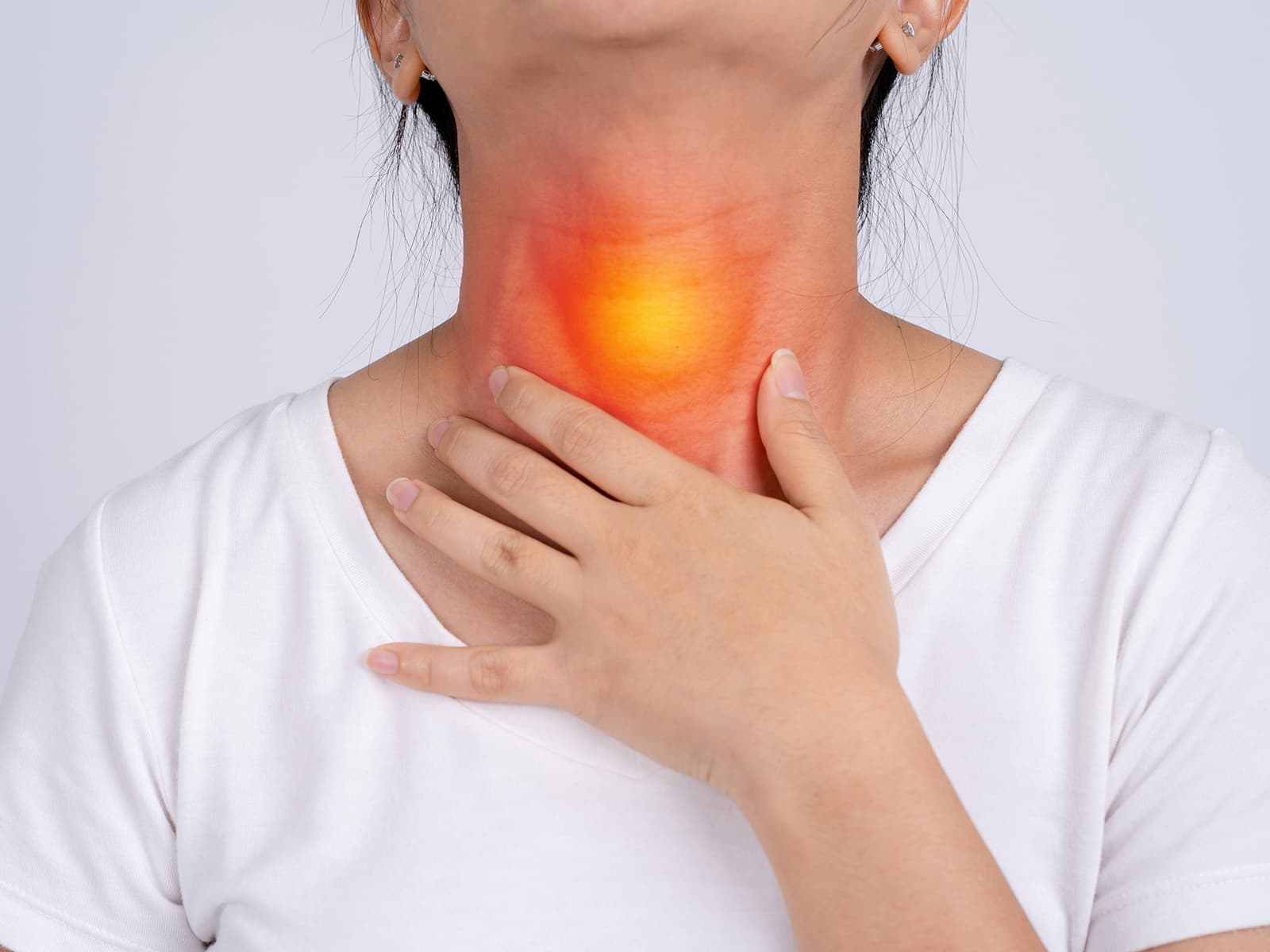
Esophagitis is swelling in the esophagus, the passageway through which food goes through your mouth to your stomach. Once the esophagus is swollen or irritated by the lining it can result in both pain and a swallowing hindrance. Symptoms can be alleviated using early diagnosis and treatment so that complications are avoided.
You may experience:
One of the factors that induce esophagitis are:
GastroDoxs: esophagitis and related conditions, usage of patient-centered care with our board-certified specialists in Houston. Expert diagnostics and custom-formulated diet plans, specialized medication and superior endoscopy therapeutic interventions, mean we promise to lift all your heartburn, chest pain, and difficulties with swallowing. Delay not - reserve your appointment today and begin your trip to relief to last guarantee of good digestive health.
We've successfully treated more than 6.6K patients, helping individuals improve their digestive health and overall well-being through expert, personalized care.
With over 20 years of experience, GastroDoxs has been a trusted provider of gastroenterology care, focusing on delivering the best outcomes for patients
You should contact the doctor in case of recurring heartburn, chest discomfort, and when swallowing. Endoscopic examination (scope) and other tests can be used to confirm esophagitis.
Avoid hotly spiced foods, soft drinks, citrus fruits, chocolate, coffee and fried/fatty foods. They may cause acid reflux and exacerbate the condition of esophagitis.
Code K21.0 is applied where one has reflux esophagitis and esophageal inflammation. K21.9 is to be used with gastroesophageal reflux disease without esophagitis.
According to the ICD-10 credential, malignancies of the esophagus are under C15.
Esophageal spasms may reflect severe chest pain and troubles with swallowing although it is not often life-threatening. It is treated through alleviation of pain and treatment of underlying factors.
Esophagitis is a condition where the linings of the esophagus are inflamed, causing heartburn and pain. Cancer involves malignant growth with loss of weight, hoarseness, and aggravation of swallowing problems.
Ultimately, there is a variation in survival rates depending on the stage of diagnosis. Early onset esophageal cancer has an even higher prognosis, and five-year survival rates are high if the cancer is detected and treated early.
In later varieties of esophageal cancer, symptoms may include difficulty in swallowing, profound loss of weight, prolonged weakness, chest pain, and even changes in the voice.
The treatment involves allergy tests, elimination dieting to remove trigger foods, swallowed topical steroids, and occasionally esophageal dilation when narrowing takes place.
Late-stage cases are investigated with endoscopy, revealing the presence of ulcers, strictures (narrowing), tissue discontinuities, and indications of severe mucosal trauma. We examine these findings alongside you.